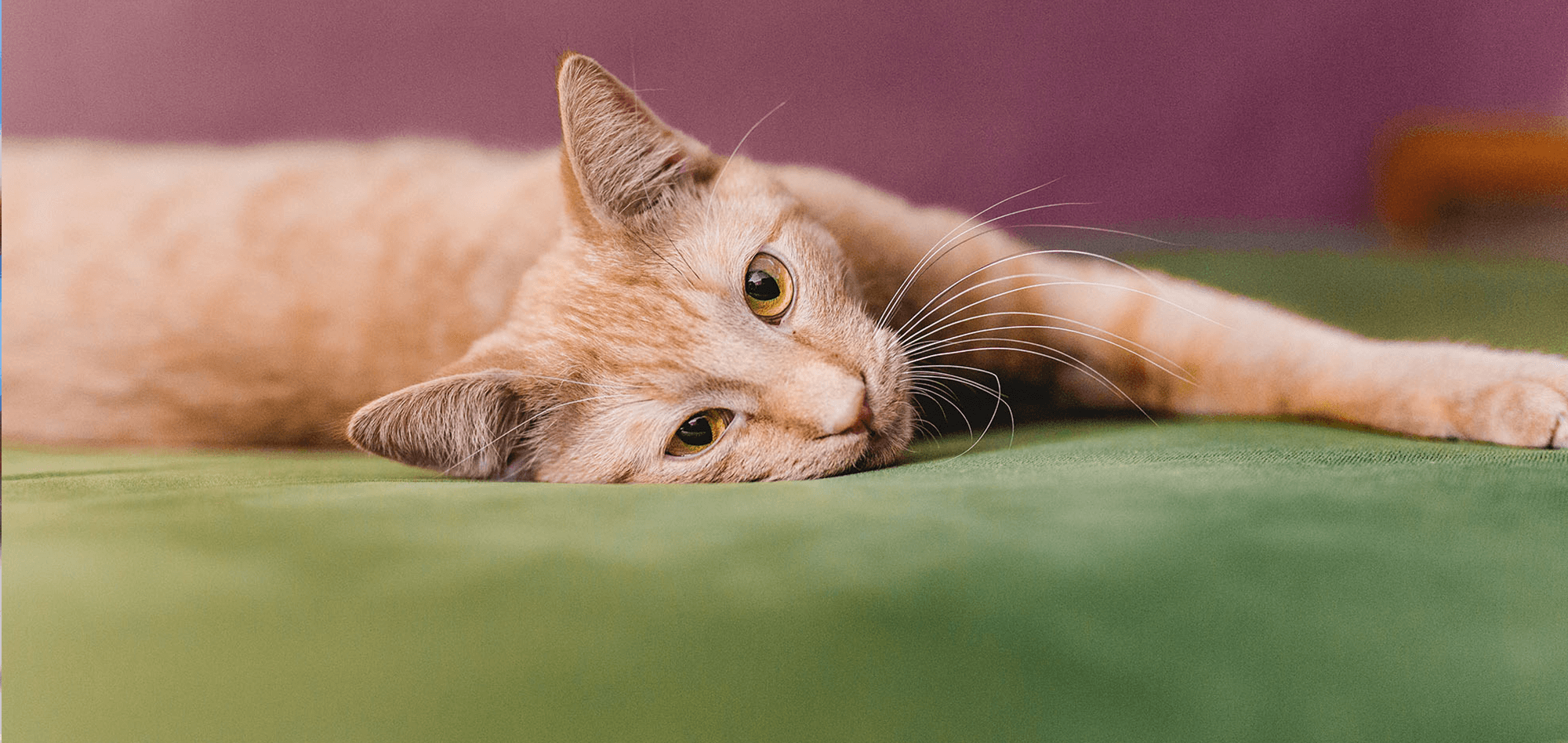Prevention and vaccinations for the cat
19.01.2020

Your cat can and should be actively immunised by vaccination from the age of 8 weeks. This is valid for every cat, whether it is an outdoor cat or an indoor cat. The minimum age of 8 weeks is necessary for the complete development of the immune system, so that the body can build up a targeted protection.
At the age of
- 8 weeks of life: cat flu, feline plague & herpes virus (RCP, a combined vaccine)
- 12 weeks of life: cat flu, feline plague & herpes virus (RCP, a combined vaccine), rabies in outdoor-cat
- 16 weeks of life: cat flu & feline plague & herpes virus (RCP, a combined vaccine)
In the 15th month of life (or one year after the last vaccination) both the RCP vaccination and the rabies vaccination should be repeated to complete the basic immunisation.
Vaccination interval after completion of basic immunisation:
- Rabies: every 2-3 years (depending on the vaccine used)
- cat cold, cat disease, herpes virus: annually
There are of course many other vaccinations that might be necessary depending on the life situation. Let your veterinarian advise you on this.
Important: Always remember to go for vaccination only with a fit cat, because vaccination is a strain on the body. In addition, deworming a few days in advance is recommended, as worms are also a heavy burden on the body.
Kitten time: The first time to the vet
Prevention is everything! Find a veterinarian you trust. There you should present your new kitten soon for a thorough initial examination and to get to know and get used to each other. You should also discuss the current vaccination programme for your cat and deworming with the vet.
Checkup
You should also present your cat to your vet for a checkup once a year, this can be combined well with the vaccination. Here the vet listens to the heart, checks the skin, ears, eyes, teeth and weight. From the age of seven years on it is advisable to have a blood count of your cat. This allows early detection and appropriate treatment of diseases such as diabetes, kidney failure, hyperthyroidism and hypothyroidism, etc.
